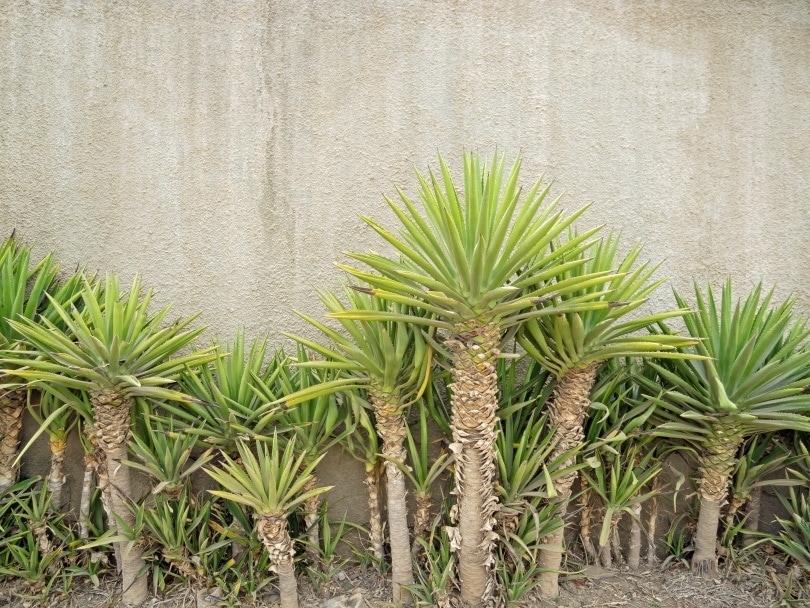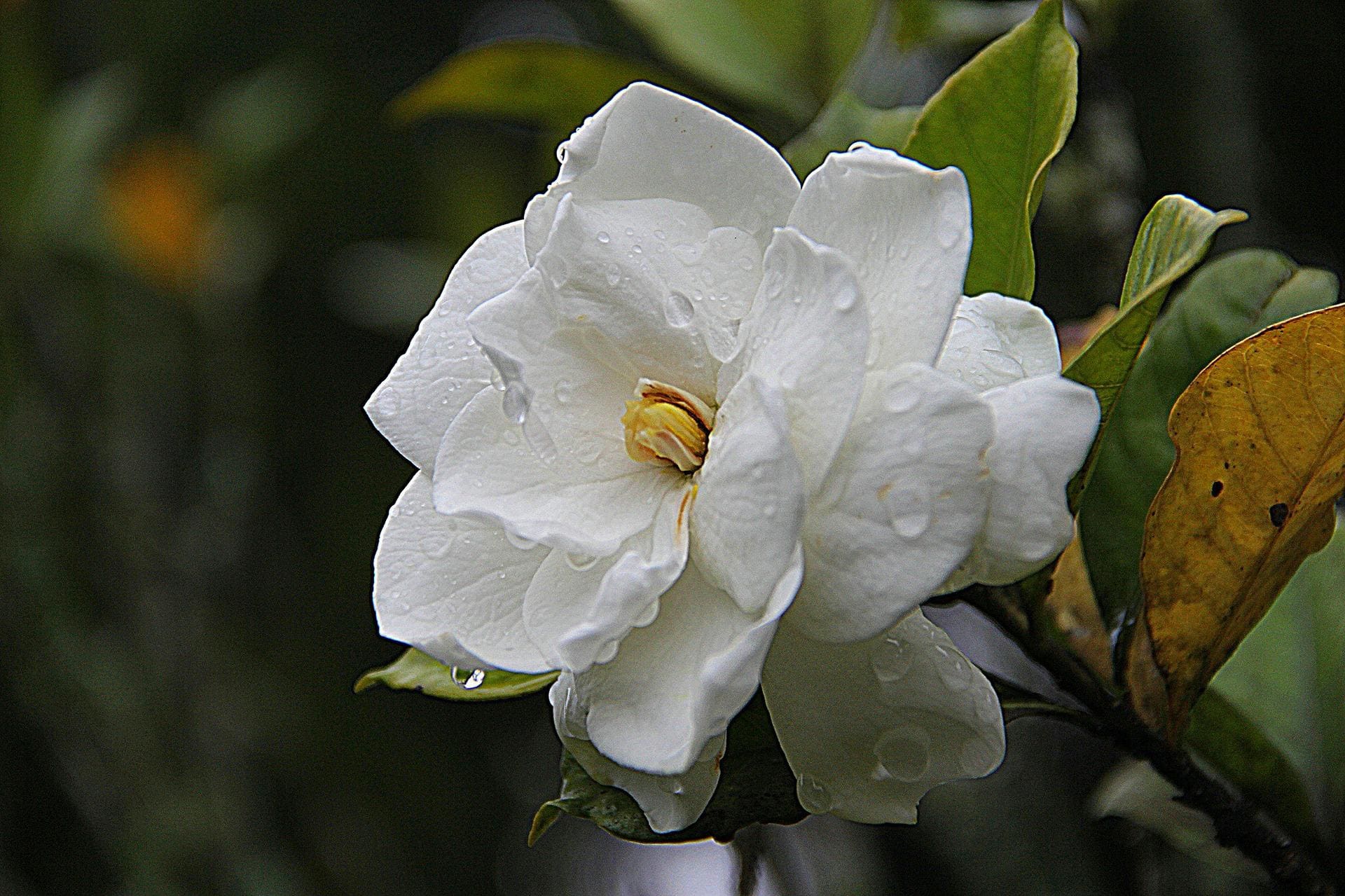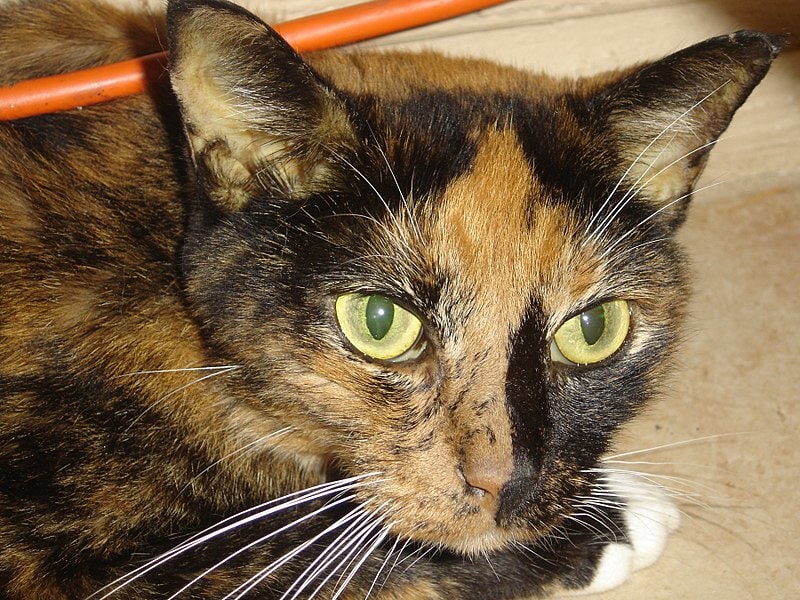Why Is My Cat Drinking Lots of Water Suddenly? 6 Vet-Reviewed Reasons
Updated on
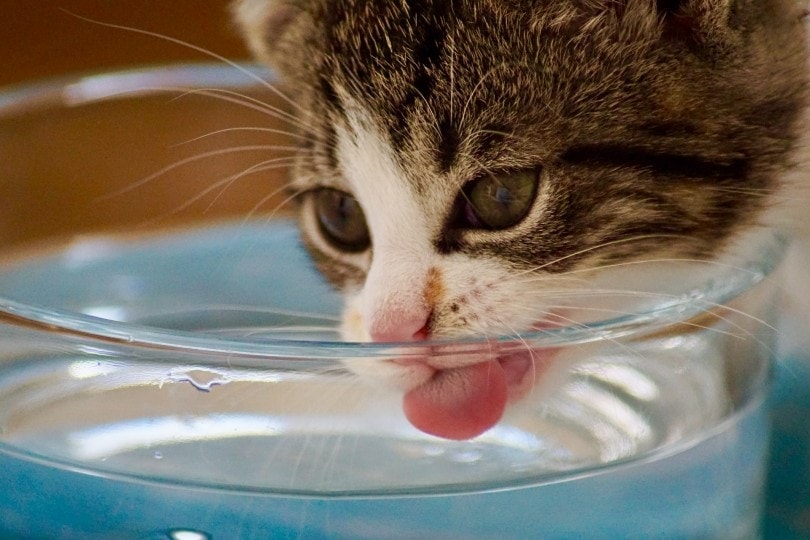
Like all animals, cats need water to survive. The average water intake for a cat is about 4-5 ounces of water per 5 pounds of lean body weight per day, or about 60 ml per kg of body weight per day.
As a pet owner, you might be concerned if you notice your furry friend drinking less or more water than usual. There are several reasons behind each scenario. In this article, we’ll discuss six possible reasons why your cat might be drinking more water than usual.
The 6 Common Reasons Your Cat Is Drinking a Lot of Water Suddenly
1. You’ve Recently Switched Your Cat’s Diet to Dry Food
A cat’s diet affects how much water they drink. Dry cat food has a far lower moisture content than canned or fresh food. So, a cat that eats canned or fresh food will drink less water than one that eats dry cat food. If you’ve recently switched your cat to dry food, they’re getting less moisture from eating and drinking more water to make up the difference.
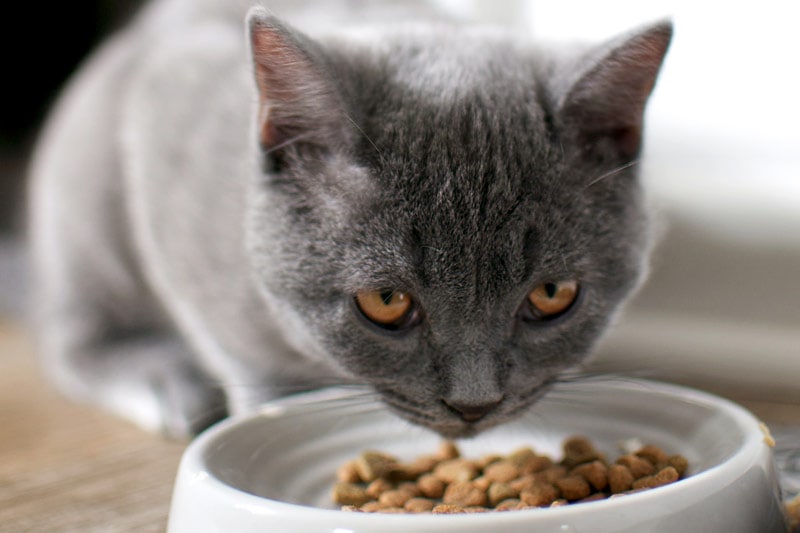
2. Hot Weather
Just like us, cats will drink more if they feel like it’s hotter than usual. On a warm day, your cat may drink more water to rehydrate themselves. So, if it gets hotter, make sure to put out enough water for your furry friend and help them by increasing ventilation and aeration in their rooms.
Thermoregulation in our feline friends isn’t as good as it is in us, and they don’t handle sudden high temperatures well. On especially hot days, ensure you take care of your cats by making sure they’re cool and watching them for any sign of distress.
It is never encouraged to allow your cats to roam outdoors because of the many risks associated with a cat roaming. Therefore, it goes without saying that it is especially unwise to let your cats roam outdoors on a hot day. If you ever feel like the weather or temperature has your cat distressed, immediately take your cats for a veterinary check-up. Heat stroke in all pets, including cats, is a very serious and life-threatening condition, and treatment shouldn’t be delayed.
If you want to encourage your cat to drink more water, a great cat water fountain can be just the thing.
- Premium 304-Grade Stainless Steel - This metal cat water fountain is hygienic, with superior...
- Serene & Healthy Cat Drinking Fountain Experience - With whisper-quiet pumping & an advanced...
Our Hepper Stainless Steel Cat Water Fountain has a minimalist, modern design, advanced triple filtration, and adjustable water flow. This fountain is quiet, sturdy, and easy to clean, making it a low-fuss addition to your home.
3. Urinary Tract Infection
A urinary tract infection can result in your cat drinking much more water than usual. The term “urinary tract infection” applies to several ailments involving your cat’s urinary tract.
If you believe your cat has a urinary tract infection, you should contact your vet as soon as possible. Some common signs of a urinary tract infection are:
- Drinking more than usual
- Urinating more often than usual
- An inability to pass urine
- Loss of bladder control
- Urinating in small amounts
- Avoiding the litter box
- A strong ammonia scent in the litter box
- A distended belly
- Cloudy urine
- Bloody urine
- Excessive licking of the genital area
- Vomiting
- Lethargy
- Loud yowling, especially while using the litter box
If you see any of these signs in your cat, it’s important to get them to your vet right away for diagnosis and treatment. All urinary tract infections (UTIs) require veterinary diagnosis and treatment regardless of how mild they may seem.
4. Hyperthyroidism
If your cat begins to drink and eat more than usual, seems hyperexcited all the time, is losing weight, and has other gastrointestinal signs (such as diarrhea or unexplained vomiting episodes), they may have hyperthyroidism. Hyperthyroidism occurs when your cat’s thyroid produces more hormones than usual.
Hyperthyroidism is more likely to occur with aging felines, and it is one of the most common endocrine diseases of middle- to old-aged cats. Ensure you take your cat for their routine veterinary check-ups, especially anytime you feel like they may be unwell. Several treatment options exist for this condition; your vet will pick one that’s best suited for your cat.
5. Diabetes
A sign of diabetes in cats is increased thirst in your feline friend. Other signs your cat may have diabetes are increased urination, weight loss, and increased appetite. Like many other ailments, this condition doesn’t have any signs that exclusively mean your cat is diabetic. Therefore, any suspicions of your cat being unwell warrant a veterinary check-up.
There are several factors that play a role in determining how well diabetes can be managed in your feline friend. These include your cat’s response to insulin, the severity of the damage to their pancreas, any concurrent diseases, and how well you comply with the long-term treatments, dietary adjustments, and management as advised by your veterinarian.
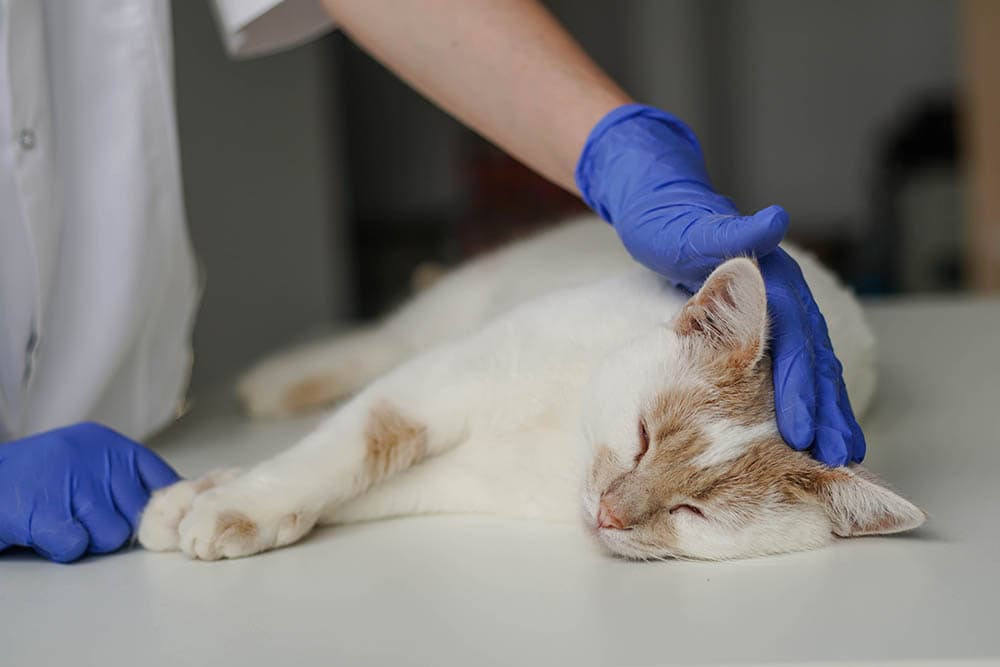
6. Kidney Disease
The final reason for increased thirst in your cat is kidney disease. The kidneys are two bean-shaped organs in your cat’s abdomen that have several functions. They are primarily responsible for removing waste products and other compounds from your cat’s bloodstream. However, they also play a major role in other bodily functions: releasing hormones that stimulate the bones to create new red blood cells, regulating your kitty’s blood pressure, and regulating their electrolyte balances as well, to name a few.
If your cat has kidney issues, the earliest signs you may notice are that they begin to drink more water and urinate more often. However, these signs often show up when a significant portion of the kidneys have been compromised. In addition, chronic kidney diseases can set in as a result of other conditions too, such as the aforementioned UTIs and diabetes.
Therefore, it is very important to keep on top of your cat’s regular vet check-ups and routine blood and urine tests to ensure that their kidneys are functioning well. Kidney disease is a progressive and usually irreversible condition; however, earlier diagnosis offers your kitty a better prognosis.
Conclusion
If your feline begins to drink more than usual, it may be due to a natural need for more water due to their diet or the weather, or may hint at an underlying health condition.
As there are many reasons behind your cat suddenly craving more water, the best course of action is to have them examined by a vet anytime you feel like there’s something off with their water drinking habits. Your veterinarian can recognize, diagnose, and treat or manage any underlying health issues causing your cat to drink more than usual.
Featured Photo Credit: Carolien van Oijen, Unsplash



